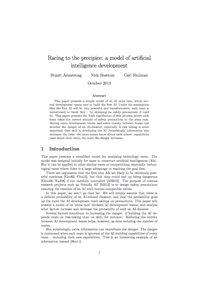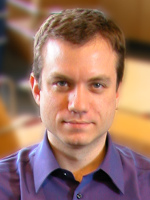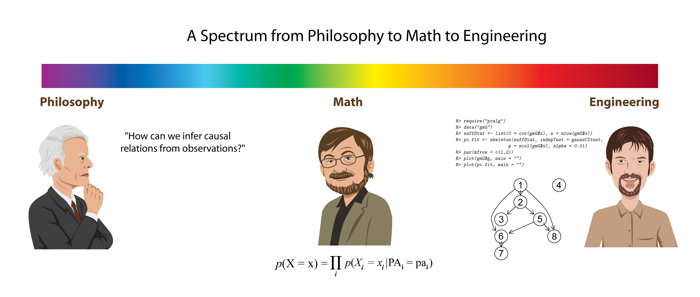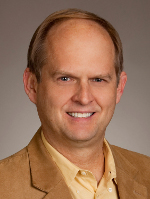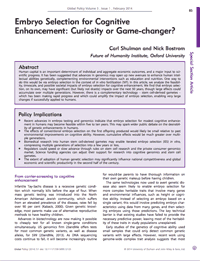 During his time as a MIRI research fellow, Carl Shulman co-authored (withNick Bostrom) a paper that is now available as a preprint, titled “Embryo Selection for Cognitive Enhancement: Curiosity or Game-changer?”
During his time as a MIRI research fellow, Carl Shulman co-authored (withNick Bostrom) a paper that is now available as a preprint, titled “Embryo Selection for Cognitive Enhancement: Curiosity or Game-changer?”
Abstract:
Human capital is a key determinant of personal and national outcomes, and a major input to scientific progress. It has been suggested that advances in genomics will make it possible to enhance human intellectual abilities. One way to do this would be via embryo selection in the context ofin vitrofertilization (IVF). In this article, we analyze the feasibility, timescale, and possible societal impacts of embryo selection for cognitive enhancement. We find that embryo selection, on its own, may have significant impacts, but likely not drastic ones, over the next 50 years, though large effects could accumulate over multiple generations. However, there is a complementary technology, stem cell-derived gametes, which has been making rapid progress and which could amplify the impact of embryo selection, enabling very large changes if successfully applied to humans.
The last sentence refers to “iterated embryo selection” (IES), a future technology first described by MIRIin 2009. This technology has significant strategic relevance for Friendly AI (FAI) development because it might be the only intelligence amplification (IA) technology (besidesWBE人类聪明)来产生足够大的影响ce to substantially shift our odds of getting FAI before arbitrary AGI, if AGI isdeveloped sometime this century.
Unfortunately, it remains unclear whether the arrival of IES would shift our FAI chances positively or negatively. On the one hand, a substantially smarter humanity may be wiser, and more likely to get FAI right. On the other hand, IES might accelerate AGI relative to FAI, since AGI is more parallelizable than FAI. (For more detail, and more arguments pointing in both directions, seeIntelligence Amplification and Friendly AI.)
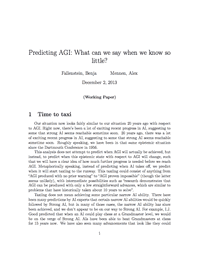 MIRI research associate Benja Fallenstein and UC Berkeley student Alex Mennen have released a new working paper titled “预测AGI:当我们知道这么少时,我们能说什么?”
MIRI research associate Benja Fallenstein and UC Berkeley student Alex Mennen have released a new working paper titled “预测AGI:当我们知道这么少时,我们能说什么?”